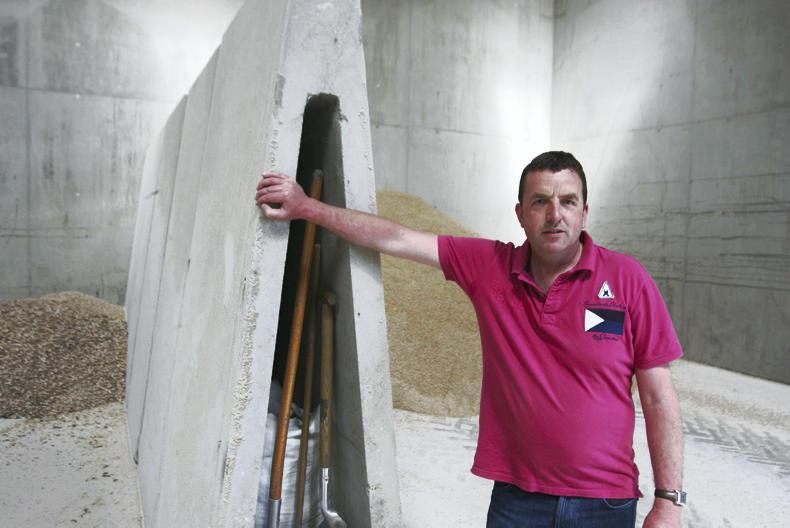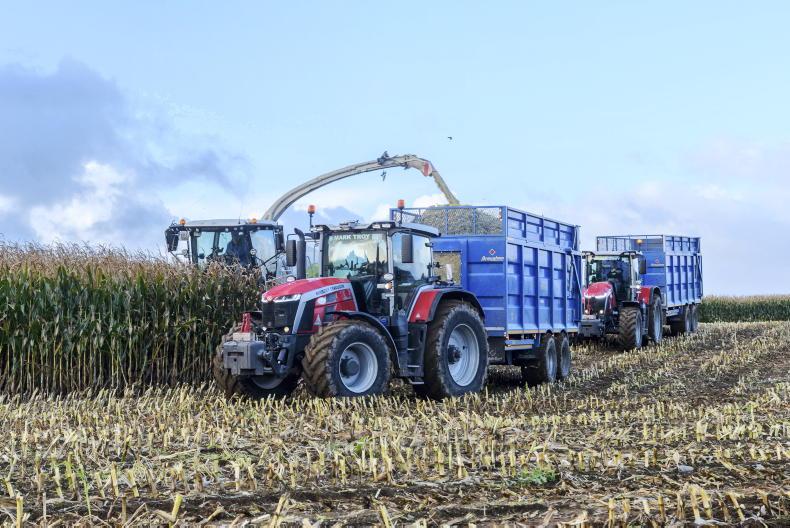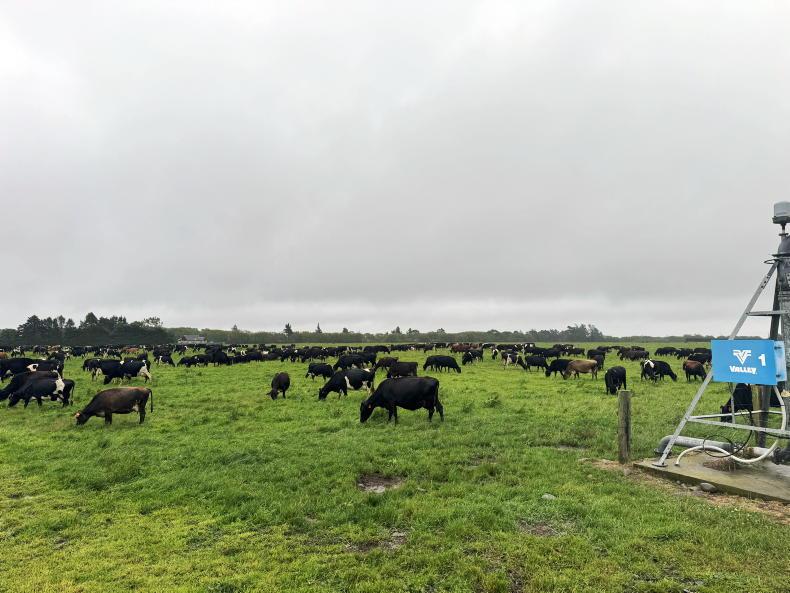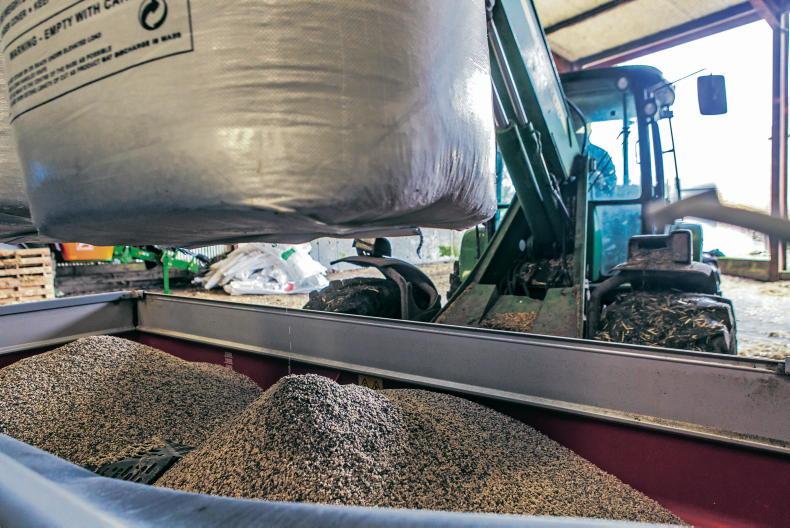There’s plenty of life in the tillage sector, according to John Cullen. The Wexford man has just invested in a new state-of-the-art feed mill, so he’s putting his money where his mouth is. It’s a huge vote of confidence, despite the gloomy prognosis for tillage outlined by the Oireachtas agriculture committee last week.
The Cullens are typical of a trend that is quite unique to Wexford, the grain grower and merchant. Operating in Ballymurn, in mid-Wexford, they have moved from farming to grain merchants, and have now taken the final step of homemilling a full range of rations “from seed to feed”, as they say themselves.
There are more than a dozen independent grain buyers scattered across the county, many of them new players over the last 20 years.
John and brothers, Francis and Stephen, grew the family farm significantly alongside their father, Mylie, and built up a contracting business. John and wife, Karen, made the step into purchasing grain in 2005, and have steadily increased scale to the point where they now purchase 20,000t of grain.
He doesn’t see scale in itself as being the saviour of the tillage farmers.
“We need to support the family farm,” John Cullen says. “We need numbers in farming to keep rural communities alive.”
That philosophy is why he has ventured into milling – to increase the margin on grain for both himself and the producer.
“Trading grain as a commodity out of a surplus area, like Wexford, carries significant transport costs. This way we are selling a value-added product instead.”
A full range of coarse ration for dairy, beef, sheep and equines containing local barley, wheat, oats and beans are being produced. Following a formal launch last month, by Davy Fitzgerald no less, John is happy that they are selling to new customers across the southeast.
Cullens provide agronomy advice and supply seed, fertiliser and chemicals for their growers, and John believes it’s the close relationship between grower and merchant that can see both through this difficult period for the Irish grain sector. He fully endorses the idea that all Irish feed compounders should prioritise Irish grain.
“Imported grain wouldn’t be heard of in the southeast. It’s all locally produced.”
Calls for replacement of imported wheat and maize with Irish product, where possible, are music to his ears.
“We know our growers have the capacity to supply high-quality grain crops for any purpose – if the crop exists and a margin can be achieved.”
Cullen says that growers in Wexford have benefited from the competition that exists for their custom, both in the grain price but also when purchasing inputs. He is acutely aware of the tight margins that exist, as Cullens still are substantial growers, although their acreage is back a little as they concentrate on their new business. The bottom line is always the focus.










SHARING OPTIONS